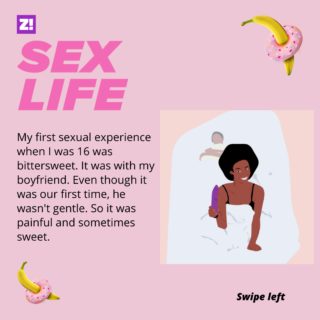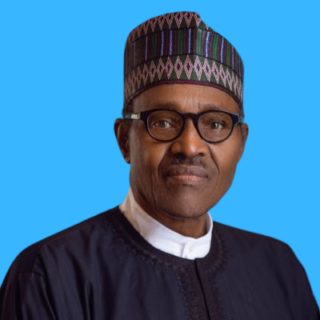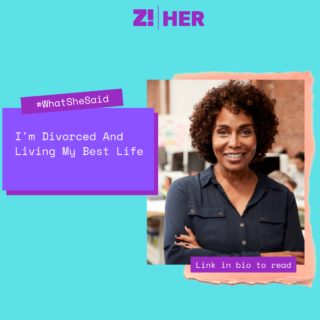Nigerian literature in the past decade has shown an incredible growth spike. With new voices, a range of genres and topics, the books, short stories and people that make up Nigerian literature have steadily circumvented labels and stereotypes. And while there’s so much more to be done, there’s proof that Nigerian writers are doing the work.
Here at Zikoko, we’ve decided to make a list to celebrate some of the novels we consider to be the best published in the last decade. Creating this list was super difficult because so many wonderful novels were published in the last decade. So if you think we left out anything, please let us know. On to the list.
- The Secret Lives of Baba Segi’s Wives by Lola Shoneyin (2010)

If you’re ever looking for a book that balances social issues and the reality of average Nigerians in the most hilarious way, then Lola Shoneyin’s debut novel is that book. It’s a book that doesn’t “tight the world to its chest”. Published at the start of the decade, The Secret Lives of Baba Segi’s Wives follows the life of a polygamist, Baba Segi, his wife, children and their very patriarchal home. Everything runs reasonably smoothly until wife number four, Bolanle, threatens to do more than simply ruffle feathers. If you haven’t read it, you’re not doing great, sweetie!
- Open City by Teju Cole (2011)

Open City is a 2011 novel by Nigerian-American writer, Teju Cole. The novel is primarily set in New York City. It has no real plot, but if I had to describe it in a short summary, I’d say the novel concerns a Nigerian immigrant. Most of the novel is the inner workings of the protagonist’s mind. It’s quite an unusual read, which is perhaps what makes it more compelling.
- Americanah by Chimamanda Ngozi Adichie (2013)

At the mention of Chimamanda’s name, every book really shall bow. Chimamanda has proven time and time again to be the greatest of all time. Everyone I asked to recommend a best book of the decade first of all mentioned Purple Hibiscus (which was published in 2003) and Half of A Yellow Sun (which was published in 2006). They’re both ageless books that belong to a different list.
Her third novel, however, cannot be caught missing from this list. Americanah was published in 2013 and has since won several awards. It tells the story of a young Nigerian woman, Ifemelu, who immigrates to the United States to attend university and her lover, Obinze. In America, Ifemelu is forced to grapple with what it means to be black for the first time. Americanah is a complex book that straddles themes of love, race and identity
- Season of Crimson Blossoms by Abubakar Adam Ibrahim (2015)

When this book was released, it shook a lot of tables. And here’s why: Abubakar Ibrahim wrote of the affair between a Muslim older woman — 55-year old widow Hajiya Binta — and a 26-year old drug dealer and local gang leader, Reza. Set in Northern Nigeria, the novel reveals a lot about the things the conservative Nigerian society pretends does not exist and so, does not talk about. It’s a sstory of love and longing—set in a conservative Muslim community in Nigeria—reveals deep emotions that defy age, class, and religion.
This novel gives a unique perspective on life and relationships in Northern Nigeria, a region vastly under-represented in the body of world literature.
- Born On A Tuesday by Elnathan John. (2015)

This was another novel that shook tables; it explored religious extremism and politics. Like Abubakar Ibrahim’s debut, it is set in Northern Nigeria. Only that this time, the focus of Elnathan John’s debut novel is a young boy, Dantala, whose name translates as Born on a Tuesday. The novel focuses on a largely underrepresented group of people and how they come of age: young men seeking purpose in a world ripped apart by political and religious violence.
- The Woman Next Door by Yewande Omotoso (2016)

This was a genuinely interesting pick, because you start to wonder what defines a book, or how do you label a book and say it belongs to this territory? Author’s origins? Setting? Whatever the case, The Woman Next Door is a book by Yewande Omotoso. It features two older women — one black, one white — who are sworn enemies.
One day, an unforeseen event occurs, forcing the women together. And gradually, the bickering and sniping softens into lively debate, and from there into memories shared. But will they actually become friends? You’ll need to read it to find out.
- After Many Days By Jowhor Ile
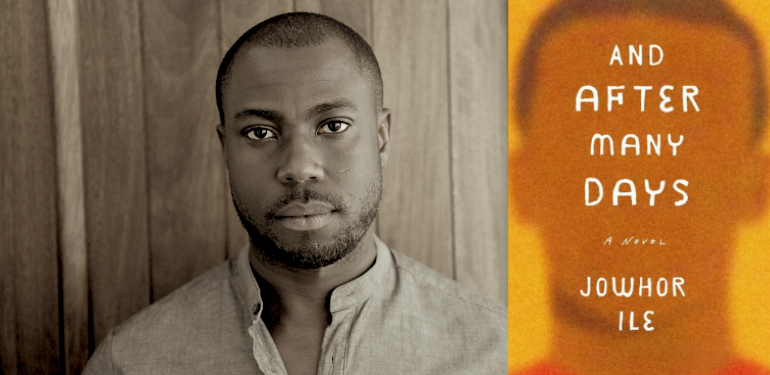
After Many Days is an unforgettable debut novel about a boy who went missing during the rainy season of 1995. As the family grappled with the sudden loss of their darling boy, they embarked on a painful and moving journey of immense power which changed their lives forever and shattered the fragile ecosystem of their once ordered family.
- Stay With Me By Ayobami Adebayo (2017)

Is it not odd that a lot of the best novels in this list are debuts? Maybe, maybe not. In the year it came out, Stay With Me was the debut everyone made noise about. It was literally on every prize list and every book club was reading it. For good reason too; it’s the typical Nigerian story. It’s not extraordinary, but it’s interesting. The kind that you can’t stop reading once you begin (which is literally almost every book on this list).
Against the social and political turbulence of the 80s, Ayobami Adebayo weaves a devastating story of the fragility of married love, the undoing of family, the wretchedness of grief, and the all-consuming bonds of motherhood.
- My Sister The Serial Killer By Oyinkan Braithwaite (2018)

Is My Sister The Serial Killer the bridge between genre fiction and literary fiction? Possibly. Off this list, it’s one of the much needed younger voices. It is darkly funny and satirical. The type of story you see Twitter threads about, yet so very well written. It is simple, perhaps the least complicated of the list. The main character in this debut novel by Oyinkan Braithwaite
- Freshwater by Akwaeke Emezi (2018)
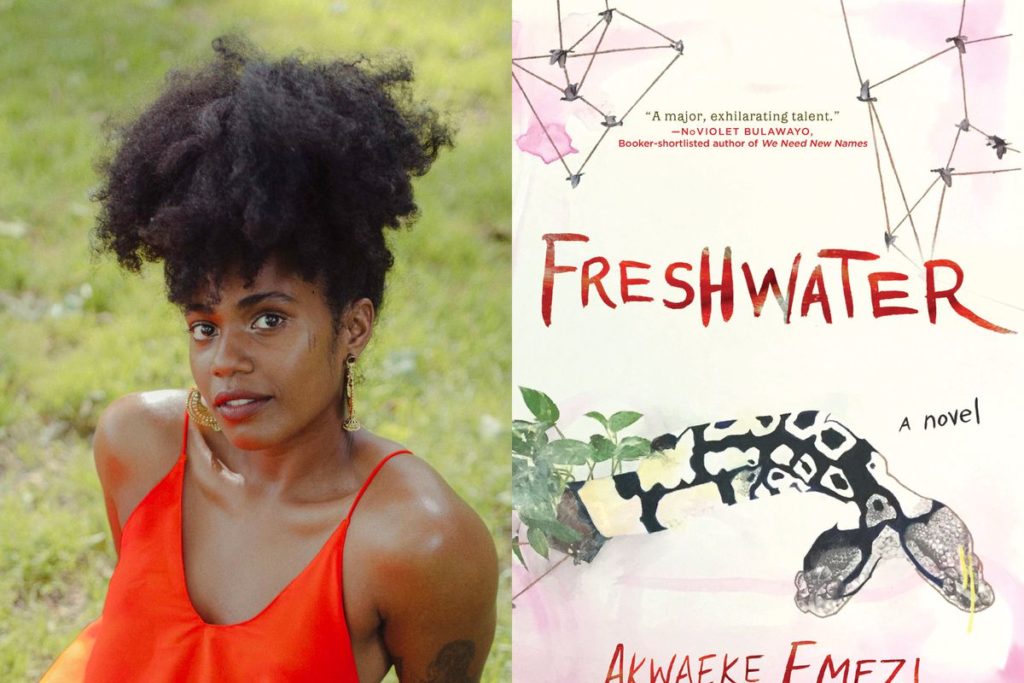
Freshwater — another debut novel — explores the surreal experience of being different. It centers around a young Nigerian woman, Ada, who develops separate selves within her self as a result of being born “with one foot on the other side.” Narrated by the various selves within and based on the author’s realities, Freshwater heralds the arrival of a fierce new literary voice.
Before we go, honourable mentions: Ghana Must Go by Taiye Selasi, and Fishermen by Chigozie Obioma, Lesley Arimah’s What It Means When A Man Falls From The Sky (which is a collection, but still.)
Did we miss out on any novels? Tell us what you think.

